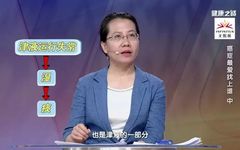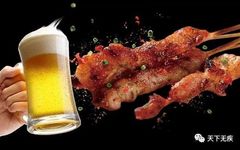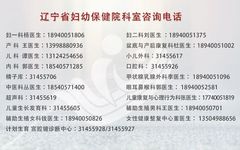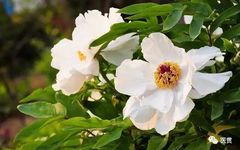What is Phlegm-Dampness According to Traditional Chinese Medicine?
Zhang Zhongjing Medical Path teaches you to differentiate syndromes and provide individualized plans. Follow Danxi Medical Path provides in-depth TCM content and health knowledge. Follow Huangdi Medical Path Practical TCM knowledge shared daily. Follow Zhongjing Medical Path Zhongjing Traditional Medicine, classics passed down through generations. Follow Elephant Medical Path Great sounds are rare, great forms … Read more










